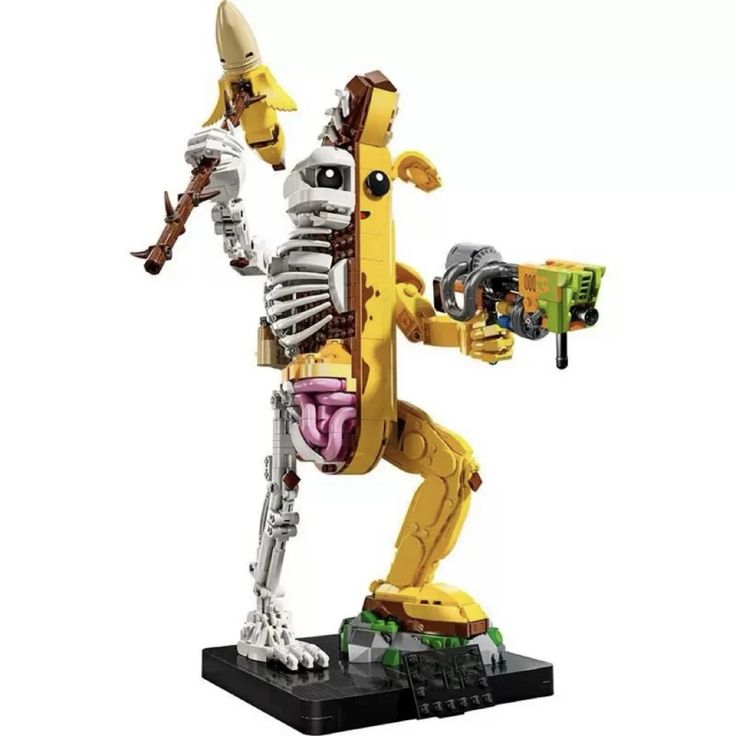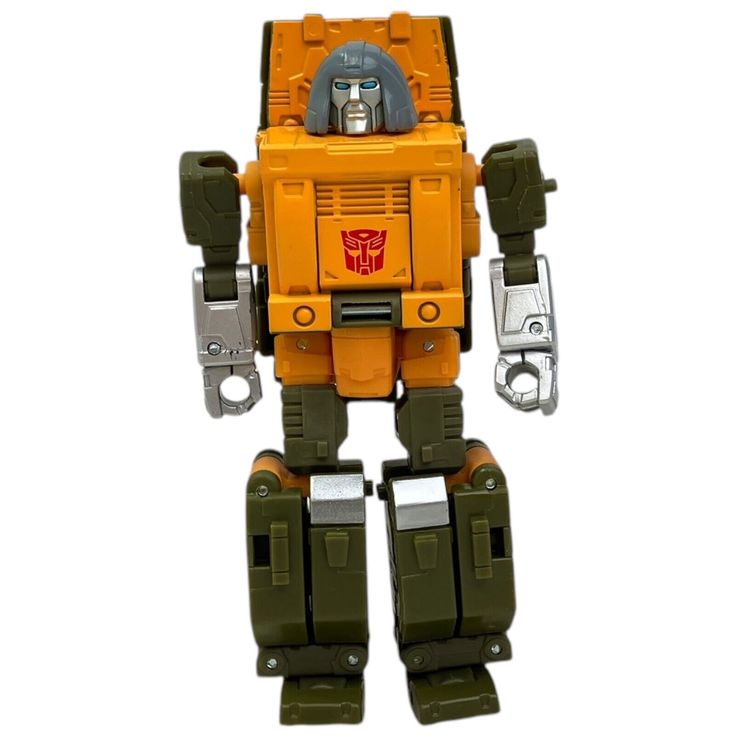Building block toys are more than just simple playthings; they are gateways to creativity and learning for children. In this article, we’ll delve into the multifaceted benefits of building block toys, exploring how they can enhance your child’s imaginative abilities and foster critical skills. Whether your child is a budding architect or simply loves to create, building blocks (Japanese:ビルディングブロック) can play an essential role in their development.
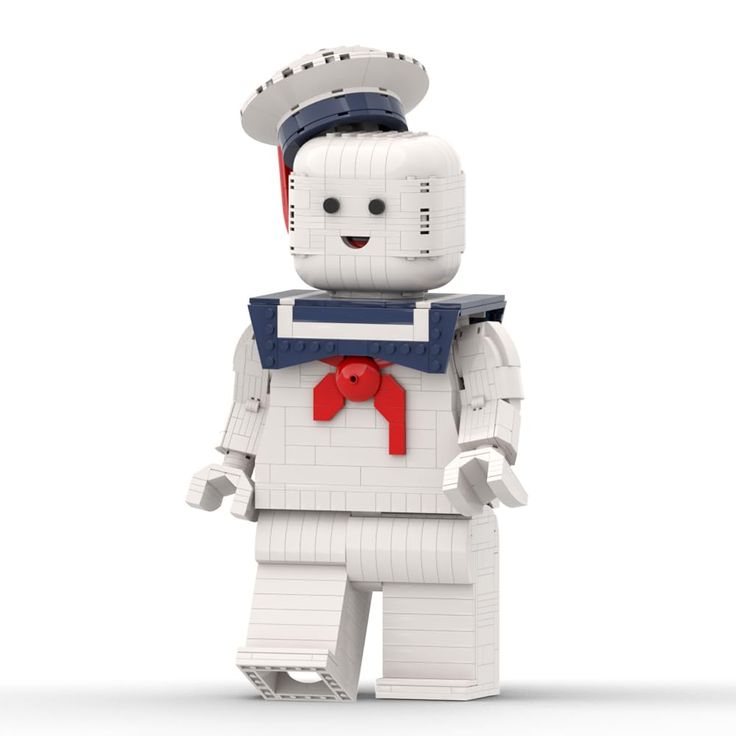
Why Choose Building Block Toys for Your Child?
Building block toys offer a unique combination of fun and education. They are versatile and cater to a range of developmental stages from toddlers to older children. Here are a few compelling reasons for choosing these toys:
- Encourage Creativity: Building block toys allow children to create countless structures—from simple towers to intricate castles. This freedom stimulates imaginative play, encouraging kids to think outside the box.
- Enhance Problem-Solving Skills: As children experiment with different configurations, they learn to solve problems, manipulate objects, and understand spatial relationships.
- Promote Fine Motor Skills: Picking up, stacking, and arranging building block toys help refine motor skills. These activities contribute to hand-eye coordination and dexterity.
- Social Interaction: Building block toys can be enjoyed alone or with friends. This encourages teamwork and communication, helping children develop social skills as they collaborate on building projects.
- Age-Appropriate Learning: Available in various sizes and complexities, building block toys can grow with your child, ensuring that they remain engaged and challenged as they develop.
- STEM Learning: Many building block toys introduce foundational concepts in science, technology, engineering, and mathematics (STEM) through fun and interactive play.
By choosing building block toys, parents can provide a balanced blend of play and learning that fuels their child’s creativity and intellect.
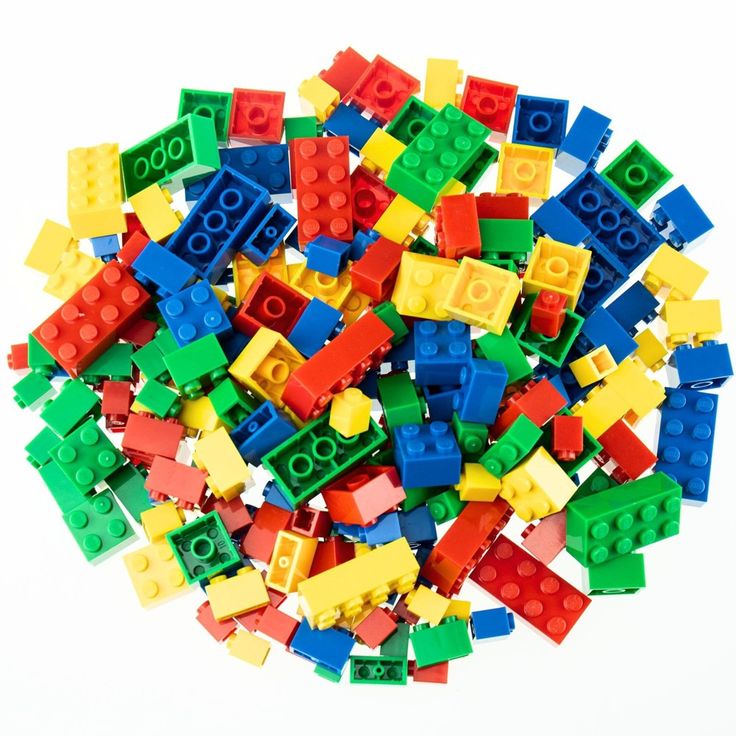
The Cognitive Benefits of Building Block Toys
Building block toys aren’t just fun; they also provide significant cognitive benefits that can aid in your child’s overall development:
- Spatial Awareness: As children manipulate blocks, they gain a better understanding of shapes, sizes, and how different objects interact. This spatial awareness is vital for many future learning experiences.
- Critical Thinking: Using building block toys requires planning, strategizing, and evaluating. Children think critically about how to build and improve upon their designs, fostering a mindset geared toward analytical thinking.
- Mathematical Skills: Many aspects of play with building block toys introduce basic math concepts. Children learn to count, categorize, and understand symmetry and balance, which are foundational to more advanced mathematics.
- Creative Thinking: The open-ended nature of building block toys sparks creative thinking. Children are challenged to come up with unique designs, exploring various possibilities and outcomes through trial and error.
- Memory Skills: Remembering how structures were built and trying to replicate them strengthens memory. Kids also build on prior knowledge, learning from previous experiences with their toys.
- Innovation: Building block toys nurture innovative thinking. Encouraging children to build something never seen before can instill a sense of ingenuity and confidence in their abilities.
Incorporating building block toys into playtime can significantly boost these cognitive skills, making them an ideal choice for parents looking to enrich their children’s learning experiences.
How Building Block Toys Support Social Development
One of the most rewarding aspects of building block toys is their ability to foster social skills in children, particularly when played with others. Here’s how they contribute to social development:
- Teamwork: When children work together to create a structure, they learn the importance of collaboration. They must negotiate ideas, delegate tasks, and compromise, which are essential teamwork skills.
- Communication Skills: As children discuss their projects and share ideas, they’re improving their verbal communication abilities. Explaining their designs or reasoning promotes self-expression.
- Conflict Resolution: In collaborative building projects, disagreements may arise. Children learn to navigate conflicts, finding solutions and agreeing on approaches that benefit the group, which is key to social interaction.
- Empathy Development: Playing with others fosters empathy as children learn to understand and respect diverse ideas and perspectives.
- Building Friendships: Engaging in playful scenarios provides opportunities for children to bond and form friendships. The shared experience of building together can create lasting connections.
- Sense of Community: When children play with building block toys in groups, they often develop a sense of belonging to a larger community. They learn to take responsibilities as group members, enriching their social experience.
Through interactive play with building block toys, children can cultivate vital social skills that will serve them well throughout their lives.
Choosing the Right Building Block Toys
Selecting the right building block toys can make a significant difference in the developmental benefits your child experiences. Here are some key factors to consider:
- Age Appropriateness: Always check the manufacturer’s recommendation for age suitability. Some building block toys are designed with small children in mind, featuring larger, more manageable pieces, while others are suitable for older kids with more complex configurations.
- Material Quality: Block toys come in various materials, including plastic, wood, and foam. Consider the durability, safety, and tactile experience of the materials when making your choice.
- Versatility: Look for sets that can create multiple forms or that can be expanded with additional sets. This versatility will keep your child interested as they develop new skills and ideas.
- Inspirational Themes: Choose building block toys that align with your child’s interests. Whether they enjoy space, animals, or city landscapes, having a themed set can inspire creativity.
- Educational Value: Some building block toys incorporate educational components, such as learning colors, numbers, or even basics of engineering. These toys can encourage both creative play and learning.
- User Reviews: Research customer feedback and reviews to see how well the toys perform in terms of durability, playability, and enriching learning experiences.
By carefully selecting building block toys that fit your child’s needs and interests, you can drastically enhance their playtime experience and developmental journey.
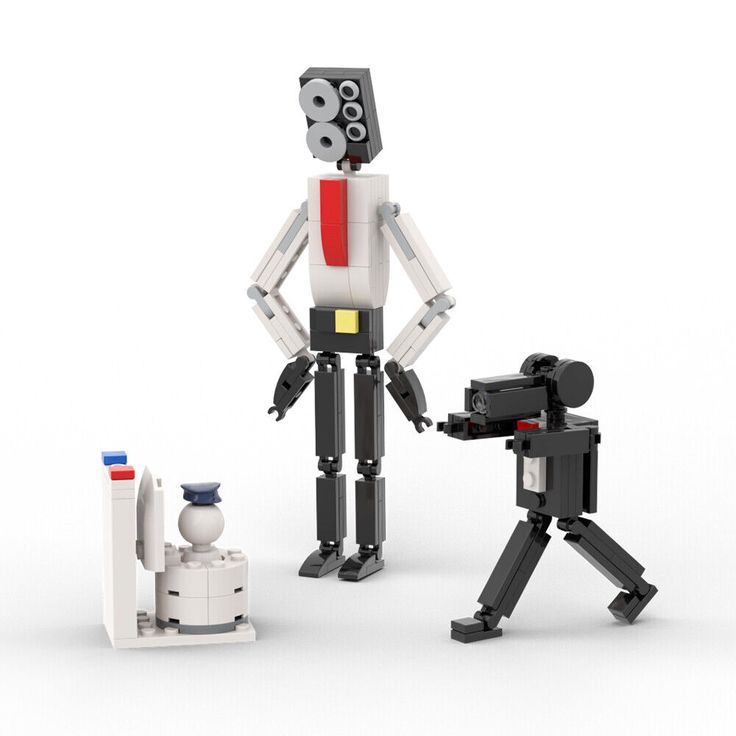
Integrating Building Block Toys into Daily Activities
To maximize the benefits of building block toys, consider incorporating them into various daily activities. This can create a rich learning environment:
- Creative Challenges: Set up challenges for your child to complete, such as building the tallest tower or creating a structure inspired by their favorite story. This encourages critical thinking and creativity.
- Themed Play Days: Organize themed playdays where your child can create scenarios such as building a zoo, a space station, or a castle. Themed activities can further fuel imaginative play.
- Family Building Sessions: Encourage family bonding by establishing “building nights” when everyone participates in creating something together. This reinforces collaboration and communication.
- Educational Tie-ins: Use block toys to discuss basic engineering concepts or the fundamentals of architecture. Integrating educational components during playtime makes learning seamless and enjoyable.
- Outdoor Adventures: Incorporate block toys during outings. Taking them to parks or picnics enhances outdoor play and invites creativity in different environments.
- Art Integration: Combine building with art by encouraging your child to paint or decorate their structures. This collaboration of activities can make building block play even more engaging.
Integrating building block toys into your child’s daily routine can transform playtime into a multi-faceted learning experience that leaves a lasting impact.
The Lasting Impact of Building Block Toys on Your Child’s Growth
Building block toys contribute to areas of development that persist well into adulthood, establishing a strong foundation for lifelong learning and adaptability:
- Adaptability: The skills your child develops through building block play—creative thinking, problem-solving, and resilience—are essential for adapting to changes in the world.
- Life Skills: The concepts of planning, building, and adjusting designs transfer to real-life situations, fostering skills that will be necessary throughout their academic and professional journey.
- Sparking Interest: Engaging with block toys can ignite a passion for subjects like engineering, mathematics, and the arts, inspiring future career choices.
- Fostering Independence: Children learn to become self-sufficient and confident creators. Building blocks offer opportunities to experiment, fail, and try again—critical tenets in building resilience.
- A Love for Learning: Introducing block toys at an early age can instill a deeper appreciation for learning. As children explore and create, they learn that education is not merely about books, but also about active engagement with the world.
- Community Involvement: The collaborative nature of building block play encourages children to participate in group activities, promoting the importance of community engagement and shared success.
Ultimately, building block toys do not merely serve as temporary entertainment; their impact on a child’s growth can be significant and lasting, providing essential skills that serve as stepping stones to future endeavors.
By investing in block toys, you are opening a world where your child’s imagination knows no bounds, enabling them to become creative thinkers and problem solvers as they navigate through life.
